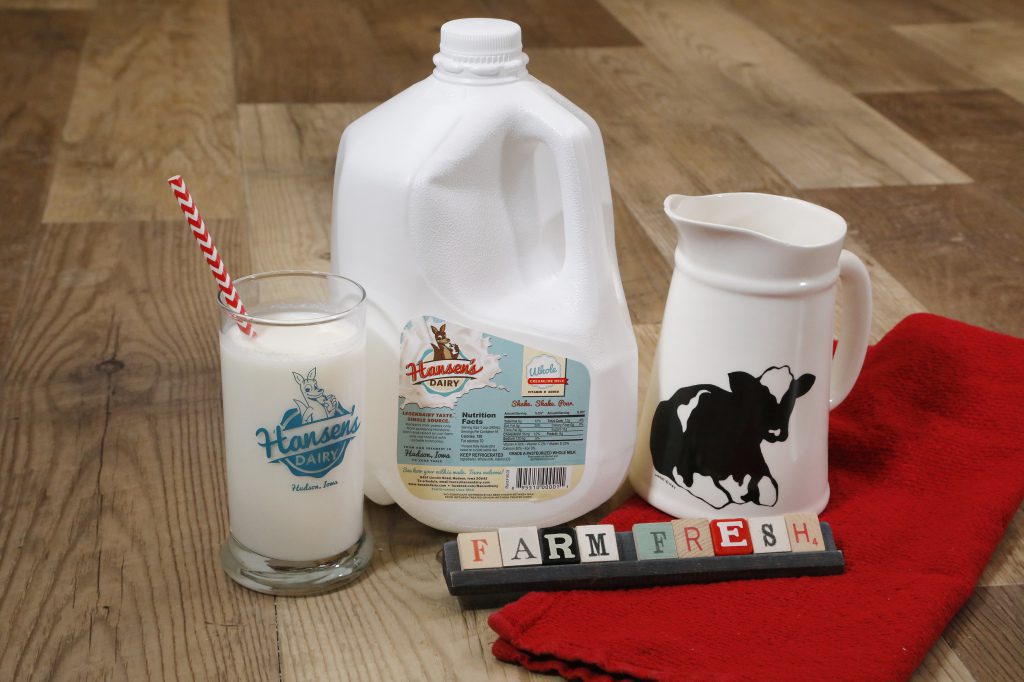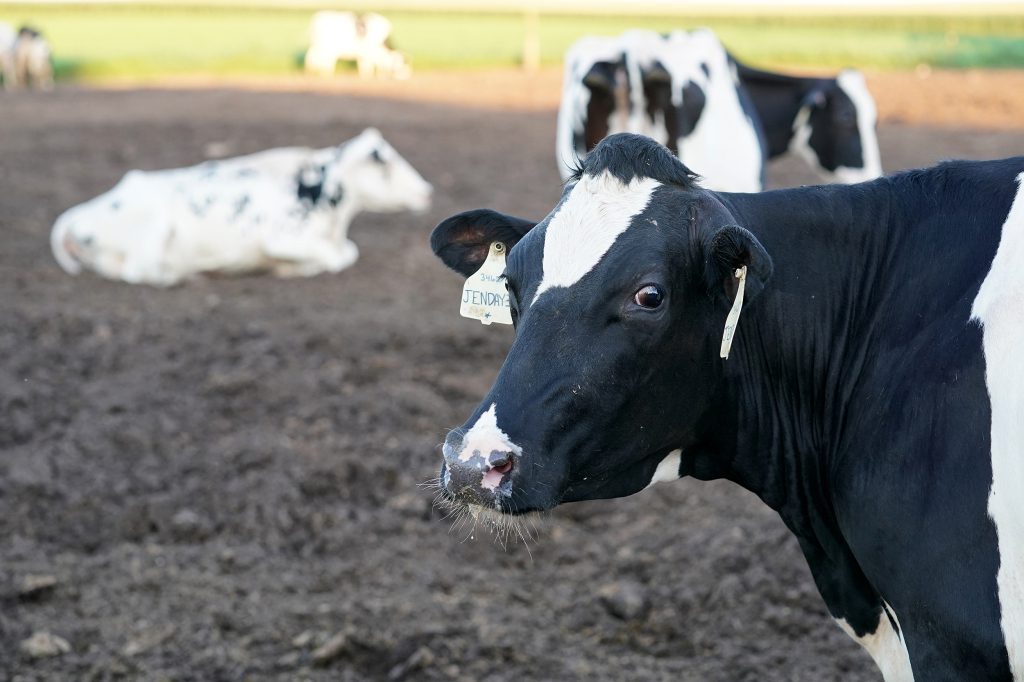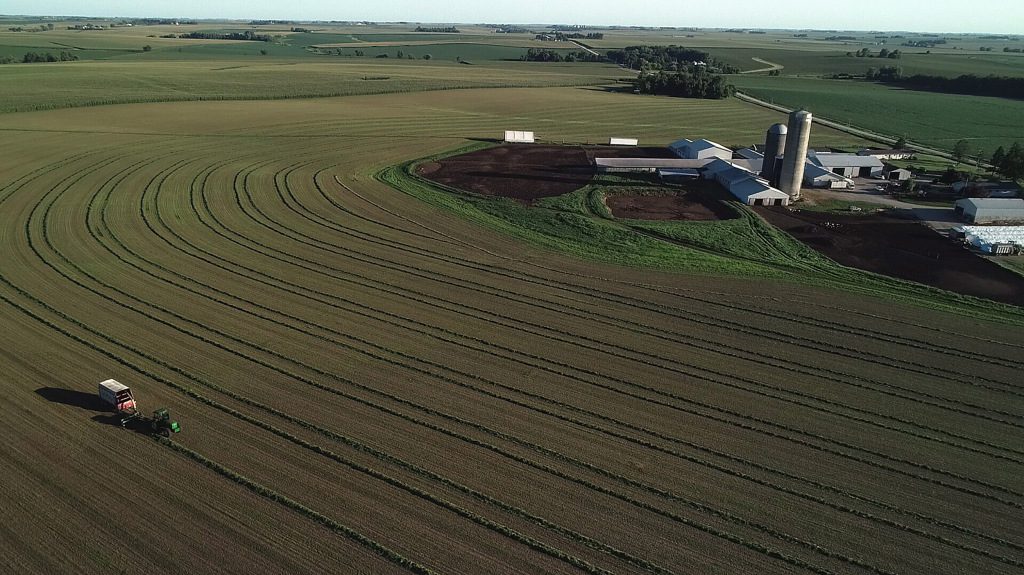Dairy: The real deal when it comes to healthful foods
June 29, 2021 2:16 pmGuest blog by Caitlyn Lamm, public relations specialist for Iowa Farm Bureau Federation

If you were filming a “man on the street” video and asked someone what they know about dairy, they’d most likely respond: It helps build strong bones. And that’s true. However, there seems to be confusion about what dairy is, when Google reports many people are searching for “Are eggs dairy?”
During June Dairy Month, it’s time to set the record straight on what is dairy, what it is not (eggs), if dairy is good or bad for you, and what does a dairy farmer do in a typical workday.
First, dairy products are created from the milk of animals, commonly a cow, and turned into food items we love like milk, yogurt, cheese, and everyone’s favorite treat during the summer months — ice cream!
With so many items now in the dairy case at your local grocery store, it can be confusing to know what’s what and which product offers the best sources of protein. Cow’s milk, for example, contains 8 grams of protein. Alternatives such as soy, oat, almond and pea milks do not contain dairy. In fact, it would take 8 glasses of some alternatives to equal this protein content.
Products like milk, yogurt, cheeses, and cottage cheese contain nutrients that are important for our bodies at every age and stage of life.
For example:
· Milk and dairy products support a pregnant mother’s health whose growing baby can deplete her nutrient stores. Dairy intake by mama is also positively associated with a healthy birthweight and length for baby.

· For children, dairy provides them with not just protein but potassium, Vitamin D and a natural source of Vitamin B12, found only in animal-based foods and important for supporting immune systems.
· As teens hit growth spurts, the nutrients provided by dairy help establish their adult bone mass. This is especially important for the reported 80% of adolescent girls who do not consume enough daily calcium.
· And, as if we need another reason to eat cheese… research shows cheese may help prevent cognitive decline as we age.
Family farms are proud to produce these nutritious products for our families to enjoy, often rising in the wee hours of the morning to begin ‘choring.’ This includes milking their animals — at Hansen’s Dairy this happens twice a day — and giving both cows and baby calves fresh feed and water.
Throughout the day, farmers will attend to the individual needs of their cows, and make sure their animals have clean places to relax. Depending on the time of year, farmers may also be planting or harvesting crops and making hay.
For farms like Hansen’s that have an on-farm creamery, milk will be turned into your favorite dairy products. Other farms will have delivery drivers collect the milk to take to another processing location.
Farmers also work with a variety of experts on their farm from veterinarians to nutritionists to make sure their cattle are receiving the best care.
Nutrition is very important to the health of animals. Cattle also help reduce waste through their diets by eating plant materials humans cannot digest — a planet-friendly process known as ‘upcycling.’
By consuming food byproducts such as pea pulp and potato peelings that humans cannot eat, cattle are enhancing the sustainability of other industries. Learn about the process of how to feed a dairy cow on the Hansen family farm by watching the video below:
Through advancements in animal care, feed, genetics and technology, U.S. milk production has increased by 48% while per-unit emissions have decreased by 26% in the last 20 years. This means being able to enjoy that overflowing ice cream cone guilt-free (well, at least from an environmental perspective).

There are many reasons to eat dairy: it tastes great, it’s good for us, it supports local Iowa family farms, and year after year, it’s sustainably made. There may be other foods crowding the grocery cooler, but we know real dairy continues to be the real deal.


